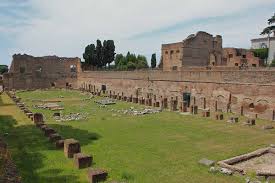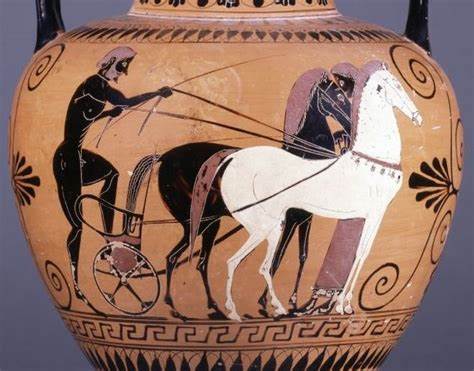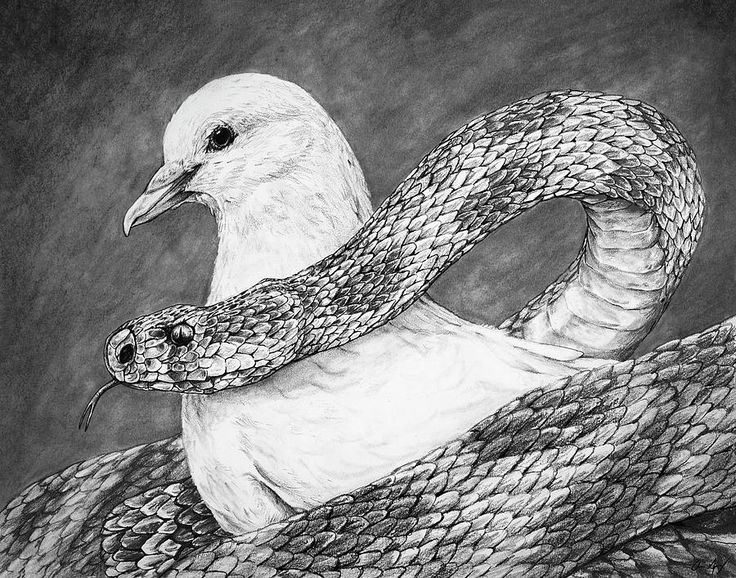Tag: classical education
-

On the Beginning…and End of Civilizations
“Civilization is social order promoting cultural creation. Four elements constitute it: economic provision, political organization, moral traditions, and the pursuit of knowledge and the arts. It begins where chaos and insecurity end. For when fear is overcome, curiosity and constructiveness are free, and man passes by natural impulse towards the understanding and embellishment of life.” …
-

Slow Productivity in School, Part 2: Do Fewer Things
In my last article we discussed the problem of pseudo-productivity in school. Popularly called busywork, this pseudo-productivity of the factory model of education presents a fairly straightforward analogy to the pseudo-productivity of the office. In his book Slow Productivity: The Lost Art of Accomplishment Without Burnout, Cal Newport diagnosed the problem of our crazy busy…
-

The Search for Great Teaching: A Comparison of Teach Like a Champion 3.0 and Christopher Perrin’s Pedogogical Principles
One interesting addition to Doug Lemov’s Teach Like a Champion series in his third edition (Teach Like a Champion 3.0) is his notion of a mental model. He introduces the idea like this: “In a typical lesson you decide, often quickly. Then you decide, decide, and decide again. You are a batter facing a hundred…
-

The Great Cause of Teaching
In Aristotle’s writings, the philosopher famously articulates four causes, or explanations, for why a thing exists: Together these causes serve as the foundation for whatever knowledge we can know about anything that exists. In this article, I will explore the final cause, or purpose, of teaching. It practically goes without saying that there is great…
-

The Role of Imagination in Education
Imagination. The word brings so much to mind for us today. If there’s one thing that everybody can agree on for children, it’s the need to help them develop a vivid imagination through school, play, and well… everything they do. Or perhaps, ‘develop a vivid imagination’ is the wrong way of putting it. “Every child…
-

5 Elements of Faculty Culture for a New School to Implement on Day 1
With the skyrocketing number of new classical schools opening each year in the United States and beyond, the launch teams for these schools are no doubt busy working to prepare for the first day of school. On the one hand, this inaugural day probably feels far away yet. But on the other hand, for these…
-

The Soul of Education, Part 2: Plato’s Immortal and Tripartite Soul
In the introduction to this series, we explained how our view of the soul, or nature of a human being, will necessarily impact our practice of education. In our modern world we are bombarded by so many competing views of the soul, both implicit and explicit, that we operate in a confused mess. From behaviorism…
-

The Soul of Education, Part 1: What Is a Human Being?
Every educational philosophy necessarily relies on a pre-existing view of the human person. Anthropology informs pedagogy. Many of the problems that classical Christian educators have identified in conventional education have their roots in a false or insufficient view of human beings. The factory model of education, for instance, underrates certain aspects of human development and…
-

Counsels of the Wise, Part 9: The Limits and Transcendence of Prudence
We have come full circle in this series on Aristotle’s intellectual virtue of prudence or practical wisdom. Prudence is one of those forgotten gems of the classical educational tradition. Its proper flowering is the result of early instruction, long reflection and the blooming of rationality in man. Discipline, early training in habits, examples and good…
-

The Goal of School Education
What is the goal of school education? This is a foundational question that demands an answer. Organizations are complex entities with moving and disparate parts. Schools are no exception. Facilities, insurance, safety, technology, admissions, marketing, communications, and development are all essential functions of school operations, and I have yet to even mention academics. Each department…
